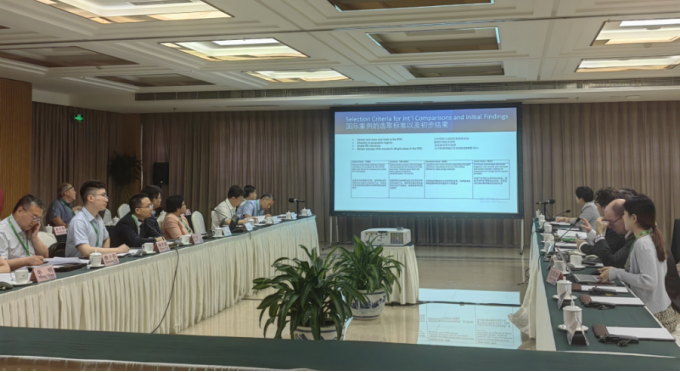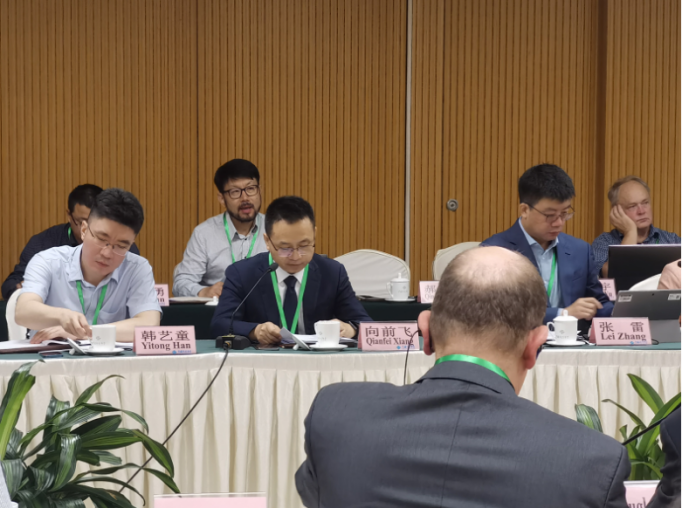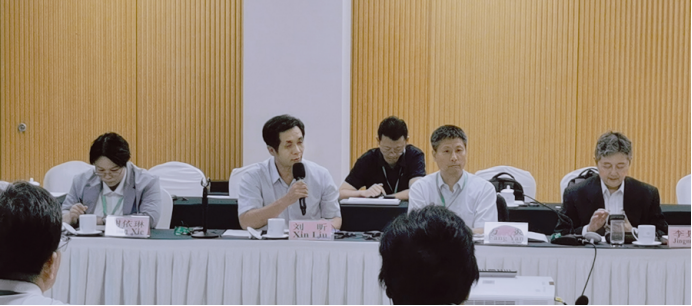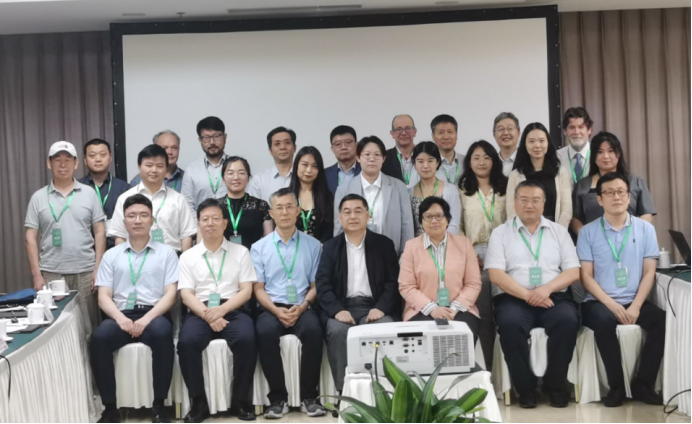The ADB Rural Low-carbon Energy Development Model Research Project (TA6661) mid-term seminar was successfully concluded
source:Home station Number of views:347 time
The Asian Development Bank (ADB) Rural Low-carbon Energy Development Model Research Project (TA6661), undertaken by the Beijing Energy Environment Science and Technology Development Center (EED), held a mid-term workshop in Beijing on July 14. The meeting was chaired by ADB, the head of the Asian and African Division of the International Cooperation Department of the National Energy Administration and the head of the ADB Project Management Team attended the meeting to hear the report of the expert team, and put forward opinions and suggestions on the direction of future project work.


EED, as a professional consulting team, reported on the research part of rural low-carbon energy model, including project progress and future work plan, project research in Yunnan and better model report explanation. Dr. Liu Xin, director of EED, summarized the completed work of the project and deployed the follow-up work. Adb Project Management Team leaders and external experts have given some recognition to the work done by EED.

EED undertakes research on the rural low-carbon energy model for the project, which aims to solve rural income problems by installing solar panels on residential roofs or agricultural greenhouses, removing policy barriers, involving local farmers in the project, and operating with the support of enterprises. Once a better model is formed, local villages and towns can join forces with enterprises to rationally distribute income, promote employment and achieve regional poverty reduction effects.

Key outputs of the project include:
(1) Feasibility study. Conduct standardized classification of rural area profiles, select demonstration (sample) villages, and collect detailed data of selected sample villages and towns.
(2) Make investment suggestions. Propose technologically and economically better poverty alleviation models, develop low-carbon energy supply infrastructure suitable for the objective conditions of the sample villages, identify candidate future investment projects, conduct project impact assessments, and prepare knowledge products that meet the project requirements.
3) Capacity building. Share and popularize the low-carbon energy model in rural areas, provide relevant knowledge products to the energy and agricultural sectors in China's poor areas, organize seminars and training courses, strengthen inter-agency coordination, and promote the actual implementation of project results and effective replication and promotion.
EED has hired well-known experts in the industry to form an advantageous team. Since the signing of the contract, EED has completed the preparation of start-up reports, research reports and interim reports, organized internal expert meetings and ADB project manager seminars for many times, and collected a lot of data for research and discussion. Through this meeting, EED expert team on the basis of the existing results, further understand the needs of ADB and the National Energy Board, the future will be based on this meeting, in accordance with the project plan to complete the tasks, to ensure the project schedule and quality requirements.
- Previous post:Warm congratulations to Director Liu Xin as Chairman of the International Biogas Standards Committee of the International Organization for Standardization (ISO) for 2019-2022
- Next chapter:Liu Xin, Director of Beijing Energy Environment Science and Technology Development Center, was invited to participate in the Knowledge Sharing Seminar of the People's Republic of China Poverty Reduction and Regional Cooperation Fund
 English
English Chinese
Chinese